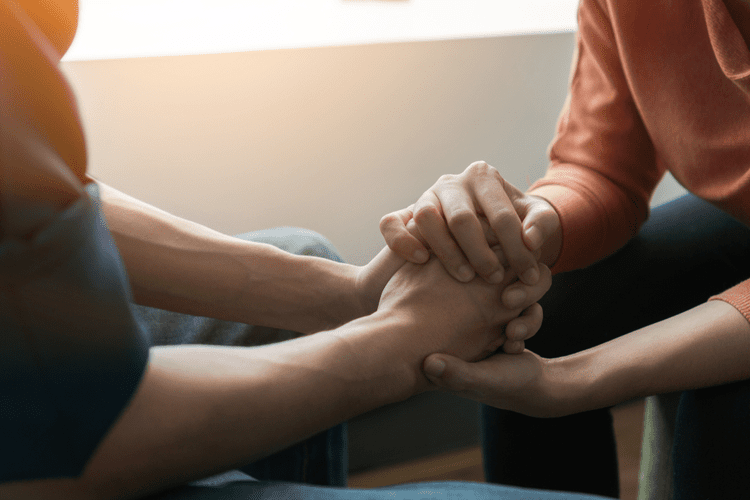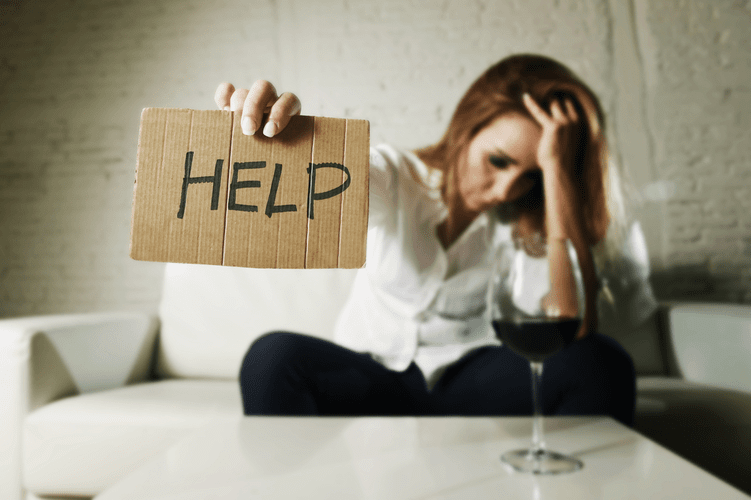How to Build a Strong Support System in Recovery
Furtherresearch may be needed to investigate best practices for supervision in peer-to-peermodels, the impact that this has on longevity in the role, and success as a PSW. Residential recovery homes also emphasize community connection, showing that residents who proactively engage in social networks related to recovery enjoy better outcomes. Cultivating relationships with peers who understand the challenges of addiction provides emotional reprieve and encourages positive coping strategies. Hearing from those who have successfully maintained their sobriety can inspire hope and resilience.
Support Groups VS Group Therapy
- Sustainable recovery is possible and the best version of yourself is waiting at our Atlanta and Savannah, Georgia addiction recovery centers.
- This could not be more true when it comes to an addict trying to find a sense of peace and awareness before giving love in a relationship.
- Hearing from those who have successfully maintained their sobriety can inspire hope and resilience.
- During SMART meetings, attendees will learn cognitive-behavioral techniques, how to cope with cravings, and better understand that the substance doesn’t just cause addiction.
The cornerstone of the peer relationship is the Alcohol Use Disorder shared lived experience of addictionand recovery. Various community recovery support services help sustain positive behavior change for individuals with alcohol and drug use disorders. This article reviews the rationale, origins, emergence, prevalence, and empirical research on a variety of recovery support services in U.S. communities that may influence the likelihood of sustained recovery. The community recovery support services reviewed include recovery high schools, collegiate recovery programs, recovery homes, recovery coaches, and recovery community centers. Building and sustaining a strong support system is essential for anyone on the recovery journey.
- Some people may find the religious language at the core of AA and NA alienating.
- For addicts who are religious and want their recovery to include elements of their faith, a faith-based support group may be a highly effective option.
- Celebrating milestones, whether big or small, together can reinforce your relationships and create a sense of belonging.
- This approach has been linked to improved outcomes, such as reduced relapse rates and enhanced engagement with treatment providers.
Why Holistic Therapies Matter in Mental Health Treatment
Every stage of recovery poses challenges that you may need to tackle with a different level of support. An addiction support network family support in addiction recovery can help you cope with triggers that could potentially lead to relapse, promote a greater sense of well-being, and make you feel more empowered in recovery. Community support is a key part of successful recovery in the 12 steps of AA.
Steps to Build Your Support System

More research on post-program outcomes is needed to determine the long-term effects of participation in CRPs. Furthermore, whether CRPs can be as successful for individuals from diverse racial, ethnic, gender, and socioeconomic backgrounds needs to be examined. RHS have the potential to provide a protective environment to promote and maintain recovery for adolescent youth. Unfortunately, the scarcity of outcome studies makes it difficult to understand the https://magnumaplacados.es/understanding-the-stages-of-alcoholism-signs/ outcomes for youth attending these settings.


This is crucial as it builds a strong foundation of trust and safety among group members. PSW in the substance abuse field is a growing and increasingly visible interventionthat has yet to be fully operationalized and lacks widespread understanding as tothe nature of the intervention. A more widespreadunderstanding of the PSW role may assist in the development of reporting strategies,supervision, and implementation into the ROSC that is more consistent and thataccentuates the informal nature of the PSW role. At The Phoenix, we’re fueling a movement that builds on the power of community and belonging to change how society approaches addiction and recovery. Through hundreds of weekly sober events and activities, we’re creating safe spaces for all individuals to connect, build friendships, find support, and have fun.







